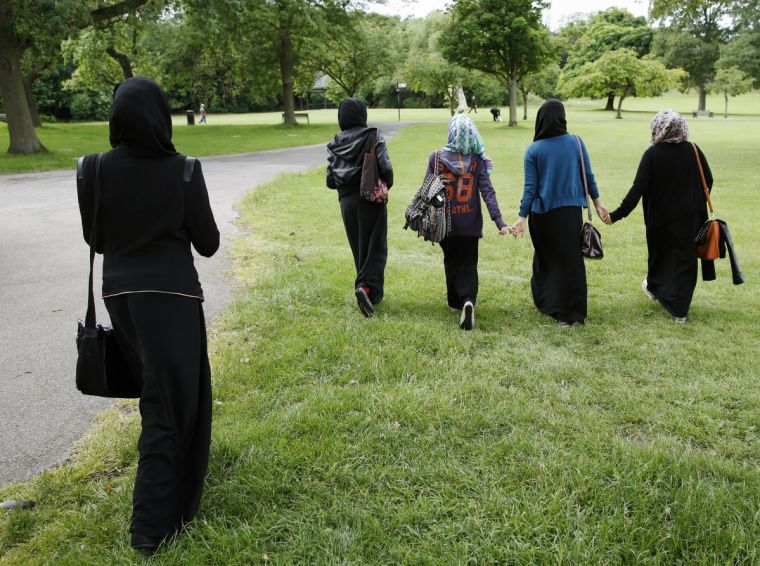Overwhelming majority of influential British Muslims say ISIS is 'illegitimate'
The overwhelming majority of influential British Muslims think ISIS is not a legitimate Islamic state, according to a study.
The report on "normative Islam" examined levels of agreement within mainstream Islamic leaders in Britain on a range of beliefs including "Islamic law and consensus" and "jihad, extremism and terrorism".
The report was compiled after 5Pillars submitted a list of 352 "influential British Muslims" to the market research company PCP.
It found that 95 per cent believed "Islam forbids the wanton killing of non-combatants in war, and the unlawful killing of people away from a battlefield" and that "no one can be forced to become a Muslim".
The study also found 94 per cent strongly agreed with the statement: "ISIS does not represent the mainstream Muslim community and is an illegitimate Islamic state".
A slightly lower, but still overwhelming majority of 91 per cent, strongly agreed that "Islam promotes compassion and justice for all people regardless of religion, social status, race or any other context".

The results from the survey, carried out by Peter Pickersgill on behalf of 5Pillars, broadly showed high levels of agreement and consensus among influential British Muslims on the main tenants of Islam.
Statements such as "God is the sole creator, uniquely One and has no partners" and "The Prophet Muhammad is the last and final prophet and messenger of God" attracted the highest levels of agreement with 99 per cent and 97 per cent respectively strongly agreeing.
"Forced marriages are forbidden in Islam" also attracted consensus with 97 per cent strongly agreeing.
The report's authors said they hoped the results would be used to develop a greater understanding of Islamic belief in Britain.
"The labeling of Muslims as 'moderates', 'liberals', 'reformists', 'conservative', 'extremists' and 'Islamists' has become the norm in Britain. Inevitably, this has resulted in division and misunderstandings within the Muslim community, as well as Britain's non-Muslim public," the report notes.
"The desired aim of the research is to provide an empirical reference point for the media, academics and policymakers when ascertaining what equates to 'normative Islam,'" it adds.
Statements surrounding governance and citizenship drew the lowest amount of agreement, although consensus was still relatively high.
The belief that "Jihad, as is mandated in the Quran, is used to maintain or restore order, peace and security or to remove oppression and injustice" drew 76 per cent strong agreement and 61 per cent agreed with the idea "the true Caliphate (or any other Islamic equivalent) is not a theocratic state".
"The segregation of men and women in religious and closed public settings is recommended for the best interest of society and acts as a safeguarding mechanism for the preservation of virtue" drew one of the lowest levels of strong agreement at 58 per cent.
The participants were asked to complete a survey containing 95 statements. Out of the 352 names submitted, 150 completed the survey.











